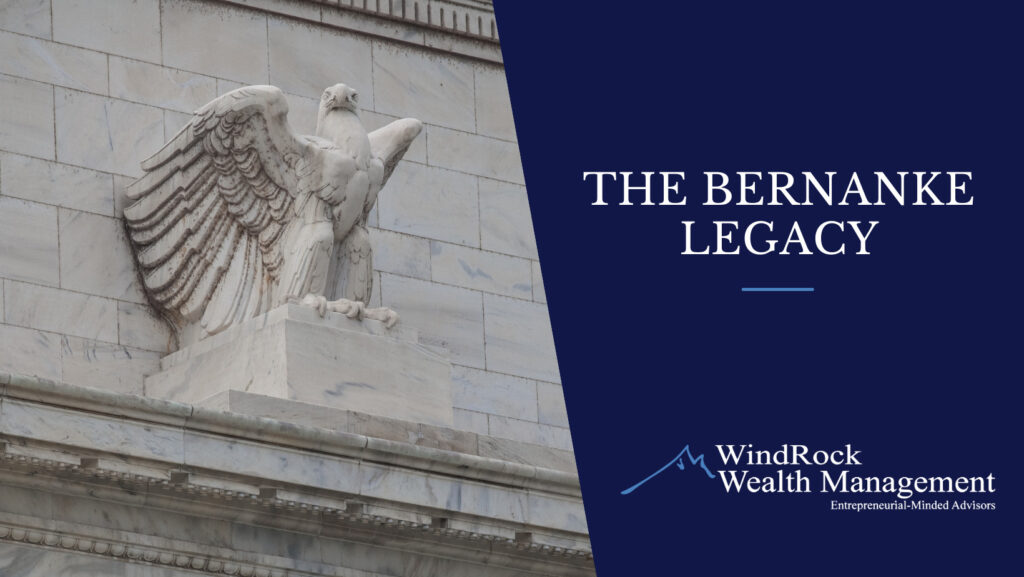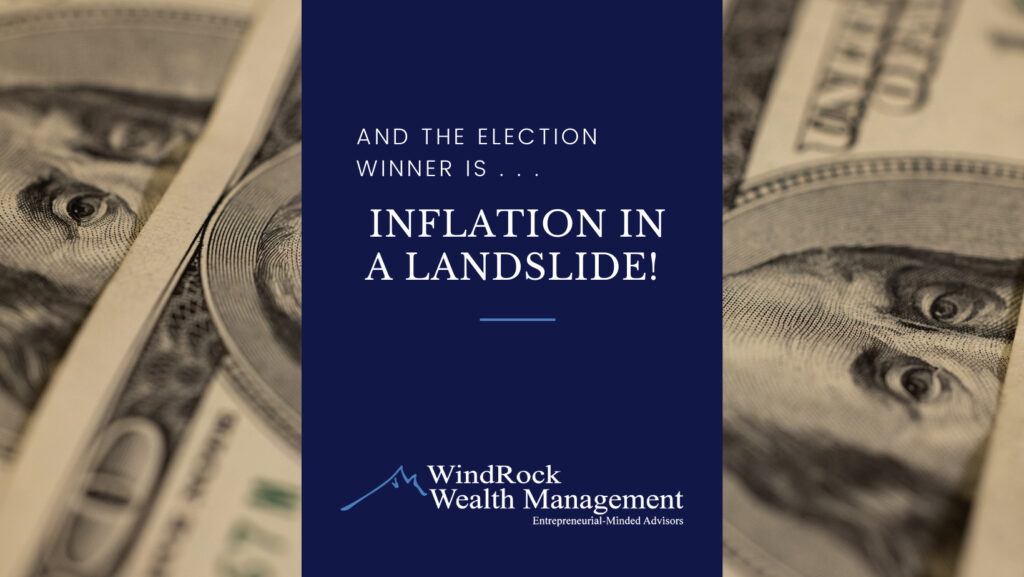Velocity Lacks Veracity

Velocity is not a substitute for demand, but rather of volume. Lots of goods and services may transact at low prices just as they may trade at high prices.
Bitcoin or Gold?

This article was originally published by The Human Events Group on July 3, 2014 We have proposed a system for electronic transactions without relying on trust. – Satoshi Nakamoto, 20091 With this fairly mundane comment, the person or persons known as Satoshi Nakamoto (the jury is still be out) introduced bitcoin to the world. Since […]
Deflating the Deflation Myth

The fear of deflation serves as the theoretical justification of every inflationary action taken by the Federal Reserve and central banks around the world.
The Bernanke Legacy

With Ben Bernanke’s exit as Chairman of the Federal Reserve, every political physician will opine on his legacy.
A History of Gold

Almost no debate, short of religion and politics, will solicit as strong of views as the topic of gold.
When Euphoria Turns to Phoria

Are the financial markets in a current state of euphoria with a commensurate risk of a market downturn? Various metrics strongly indicate as such.
There is No Tradeoff Between Inflation and Unemployment

Anyone reading the regular Federal Open Market Committee press releases can easily envision Chairman Yellen and the Federal Reserve team at the economic controls, carefully adjusting the economy’s price level and employment numbers.
Why the Wealth Effect Doesn’t Work

Across all financial media, between both political parties, and among most mainstream economists, the “wealth effect” is noted, promoted, and touted.
Scenarios for Owning Gold

Gold serves a unique role in investment portfolios, not only as insurance against extreme events, but as a timeless store of value in a world of multiplying paper currency.
And the Election Winner is … Inflation in a Landslide!

Regardless as to which candidate secures the Presidency on November 3rd (or some subsequent date), the administration must cope with unprecedented federal debt.

